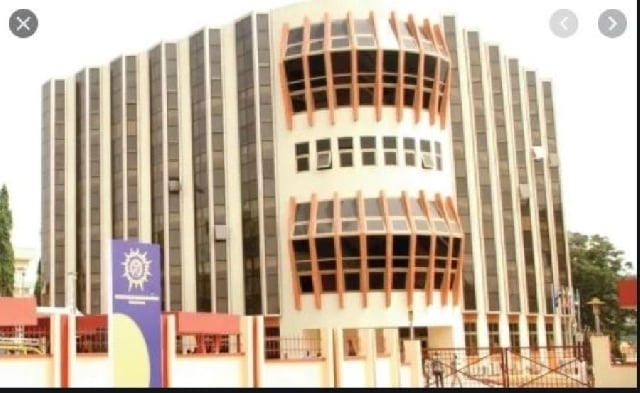The West African Examinations Council (WAEC) is currently embroiled in a contentious situation regarding the 2024 West African Senior School Certificate Examination (WASSCE) results. The council withheld the results of 10,520 candidates due to suspected examination malpractices, sparking anxiety and legal challenges from affected students and their families. WAEC has assured the public that all investigations will be concluded, and the withheld results will be released by February 28, 2025. This deadline looms large as students, parents, educational institutions, and stakeholders anxiously await the outcome, with the situation highlighting the delicate balance between upholding examination integrity and ensuring fairness to candidates.
The crux of the matter lies in the alleged widespread cheating and other forms of malpractice detected during and after the WASSCE. WAEC’s investigations have involved hearings for affected candidates, with results being released where appropriate. The council maintains that its actions are crucial for preserving the integrity of the examination process, a cornerstone of a credible education system. However, the prolonged withholding of results has led to significant disruptions for the affected students, impacting their ability to apply for further education and scholarships. This has fueled criticism and calls for more efficient and transparent handling of such situations in the future.
The legal battle adds another layer of complexity. A High Court ruling on January 30, 2025, ordered WAEC to release the results of four students who filed a lawsuit on behalf of the affected candidates. This ruling challenged WAEC’s authority to withhold results and put pressure on the council to expedite its investigations. However, WAEC responded by filing for a stay of execution, arguing that the investigations must be completed before complying with the court order. This legal maneuvering further underscores the tension between the legal rights of the candidates and WAEC’s responsibility to maintain the integrity of its examinations. The upcoming hearing on February 20 will be pivotal in determining the course of action.
The legal counsel for the students, Martin Kpebu, has been vocal in his criticism of WAEC, accusing the council of failing to provide substantial evidence to justify withholding the results. He argues that the delays are unfairly jeopardizing the academic and career prospects of thousands of students. This perspective reflects the broader concerns of parents and educational institutions who have expressed frustration over the drawn-out process. They call for reforms in how WAEC handles examination-related disputes, emphasizing the need for a more streamlined and less disruptive approach.
Amidst the legal wrangling and public pressure, WAEC has reiterated its commitment to due process. The council insists that all investigations will be finalized by the February 28 deadline. Candidates cleared of wrongdoing will have their results released, while those found guilty of malpractice may face sanctions, including result cancellations or bans from future WAEC examinations. This commitment to accountability underscores the seriousness with which WAEC views examination malpractice and its determination to maintain the credibility of its certifications.
As the February 28 deadline approaches, all eyes are on WAEC. The Ministry of Education and the Ghana Education Service have urged the council to expedite its review process and ensure fairness in its final decisions. This reflects the broader societal interest in a just and timely resolution. The affected candidates and their families remain in a state of uncertainty, hoping for a fair outcome that allows them to move forward with their educational and career aspirations. The coming weeks will be crucial in determining how this complex situation unfolds and what lessons are learned for future examination administrations. A balance must be struck between upholding the integrity of the examination system and ensuring that individual candidates are treated fairly and that their futures are not unduly jeopardized.


